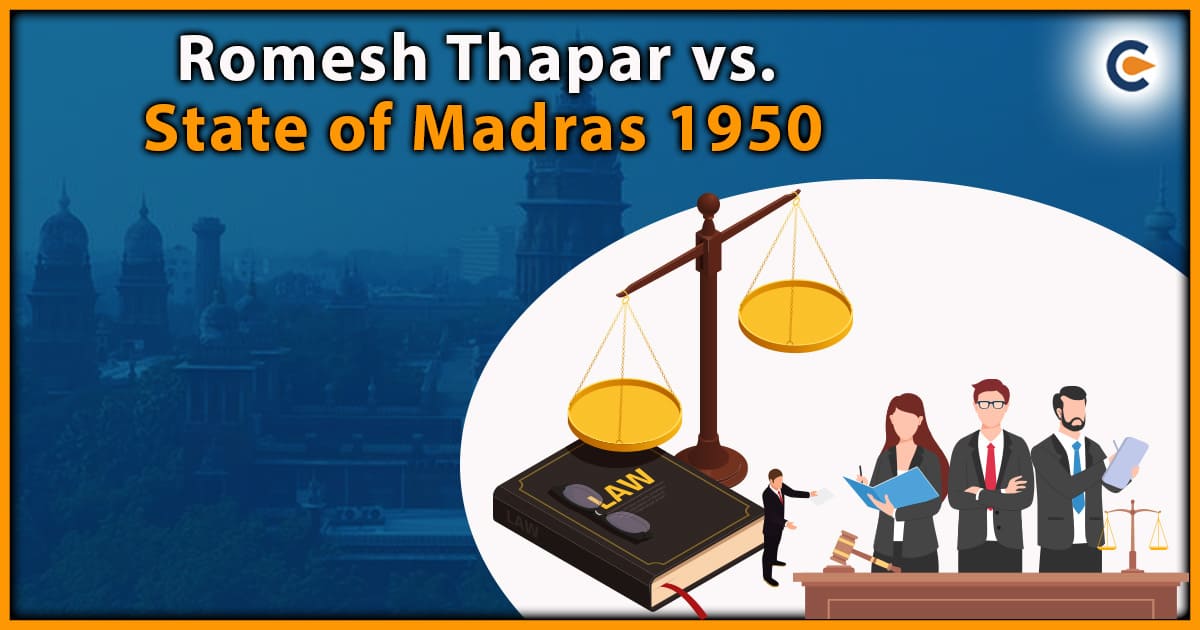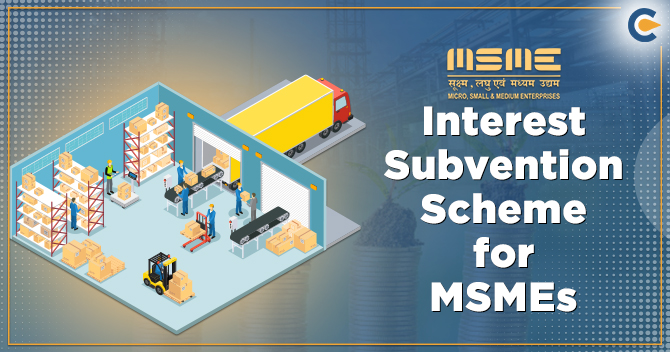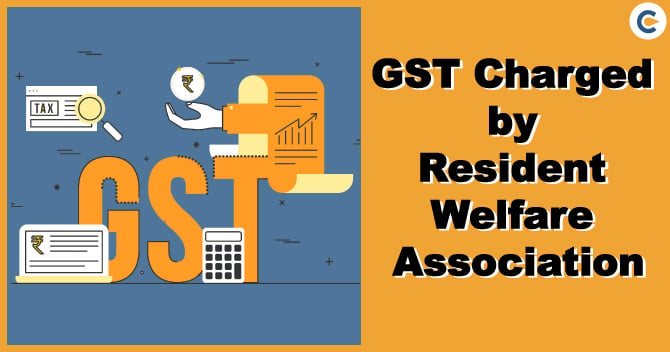Citation: AIR 1950 SC 124: 1950 SCR 594
Court: Supreme Court of India
A significant decision in Indian constitutional law is the Romesh Thapar vs. State of Madras case, it was heard in 1950 before the Supreme Court of India. The case involved a challenge to the constitutionality of a law that the Madras State government passed requiring individuals or organizations to apply for a licence from the government in order to publish or distribute any publication that contained news or opinions on current events.
Romesh Thapar was the editor of Crossroads, a political publication that the Madras State government had forcibly suppressed in accordance with this law. Thapar challenged the ban, invoking Article 19(1)(a) of the Indian Constitution, and claimed that it infringed upon his basic right to freedom of speech and expression. He also argued that the licensing requirement was unconstitutional as it gave unfettered discretion to government officials to grant or refuse licenses, which could lead to arbitrary and discriminatory action.
In its ruling, the Supreme Court stated that the licensing requirement was unconstitutional as it violated the fundamental rights to expression and free speech. The judge said that the right to free speech and expression was a cornerstone of democracy and essential for the functioning of a free society. It held that the licensing requirement was a prior restraint on the freedom of speech and expression, and any such restraint could only be imposed in very limited circumstances.
The court also held that the licensing requirement was unconstitutional as it gave unfettered discretion to the government officials to grant or refuse licenses. The court noted that such unguided discretion could lead to arbitrary and discriminatory action and was thus violative of the rule of law.
Background of the Case
The Romesh Thapar vs. State of Madras case involved a challenge to the constitutionality of a law passed by the Madras State government, which required individuals or organizations to obtain a license from the government in order to publish or distribute any publication containing news or comments on current events.
The law was introduced in 1949 and was known as the Madras Maintenance of Public Order Act. Under this law, the government had the power to require a license for any publication that contained news, comments, or information about current events. The license could be denied if the government believed that the publication was likely to incite or encourage any act that was prejudicial to public safety or the maintenance of public order.
In 1950, Romesh Thapar, the editor of the political magazine Crossroads, challenged the ban on his publication. Thapar argued that the licensing requirement violated his fundamental right to expression and free speech, which was guaranteed under Article 19(1)(a) of the Indian Constitution. Thapar also argued that the licensing requirement was unconstitutional because it gave unfettered discretion to government officials to grant or refuse licenses, which could lead to arbitrary and discriminatory action.
A five-judge bench of the Supreme Court of India heard the case, including Chief Justice Harilal Kania and Justices M. Patanjali Sastri, Mehr Chand Mahajan, S.R. Das, and B.K. Mukherjea. Eminent attorneys, including H.N. Sanyal and M.C. Setalvad, who represented Thapar, and M. P. S. Aiyar, who represented the State of Madras, argued the case.
In its landmark judgment, the Supreme Court held that the licensing requirement was unconstitutional and violated the fundamental right to expression and free speech. The court held that any prior restraint on fundamental right to expression and free speech must be imposed only in very limited circumstances and must be narrowly tailored to achieve a specific legitimate aim. The court also held that the licensing requirement was unconstitutional because it gave unfettered discretion to government officials to grant or refuse licenses, which could lead to arbitrary and discriminatory action.
The Romesh Thapar vs. State of Madras case is considered a landmark judgment in Indian constitutional law and has had a far-reaching impact on the development of Indian democracy and freedom of speech and expression.
Facts of the Case
The case of Romesh Thapar vs. State of Madras was a landmark case in the history of Indian constitutional law. Some of the key facts of the case are:
- Romesh Thapar, the petitioner, was the editor of a weekly magazine called Cross Roads, which was published in Bombay.
- The Madras Maintenance of Public Order Act, 1949, required individuals or organizations to obtain a license from the government in order to publish or distribute any publication containing news or comments on current events.
- Thapar applied for a license under the Act to distribute copies of Cross Roads in Madras, but his application was rejected by the government.
- Thapar challenged the constitutionality of the Madras Maintenance of Public Order Act, arguing that the licensing requirement violated his rights in the Indian Constitution’s Article 19(1)(a) guarantees the basic right to freedom of speech and expression.
- The Madras High Court heard the case and ruled that the Act was constitutional while rejecting Thapar’s petition.
- Thapar then appealed to the Supreme Court of India[1], which heard the case in 1950.
- According to the Supreme Court’s ruling, the Madras Maintenance of Public Order Act’s licencing requirement was unconstitutional and infringed on the basic Article 19(1)(a) of the Indian Constitution protects the right to free speech and expression.
- The decision in the case set significant norms for the defense of fundamental rights in India and had a significant influence on the growth of Indian constitutional law.
Issues of the Case
Romesh Thapar v. State of Madras involved a number of significant issues pertaining to the right to free speech and expression protected by Article 19(1)(a) of the Indian Constitution. A few of the primary concerns brought up in the case were:
- Constitutionality of the Madras Maintenance of Public Order Act: The primary issue in the case was the constitutionality of the Madras Maintenance of Public Order Act, which required individuals or organizations to request a government licence before publishing publish or distribute any publication containing news or comments on current events. Thapar argued that this licensing requirement was unconstitutional as it violated his fundamental right to freedom of speech and expression.
- What exactly is covered by Article 19(1)(a) of the Indian Constitution’s protection of freedom of speech and expression? Concerns about the freedom of speech and expression were also brought up by this case. According to Thapar, the freedom of speech and expression is a broad right that includes the ability to criticise the executive branch and its actions.
- Unfettered Discretion of Government Officials: Another key issue in the case was the unfettered discretion given to government officials to grant or refuse licenses under the Madras Maintenance of Public Order Act. Thapar argued that this discretion could lead to arbitrary and discriminatory action and was therefore unconstitutional.
- Prior Restraint on The Freedom of Speech and Expression: The case also raised questions about the constitutionality of prior restraint on the freedom of speech and expression. Thapar argued that any prior restraint on the freedom of speech and expression must be imposed only in very limited circumstances and must be narrowly tailored to achieve a specific legitimate aim.
Overall, the case raised important questions about the nature and scope of the freedom of speech and expression guaranteed under the Indian Constitution and established important principles related to the protection of fundamental rights in India.
Judgment
The Madras Maintenance of Public Order Act’s licensing requirement was declared unconstitutional and in violation of the fundamental right to freedom of speech and expression guaranteed by Article 19(1)(a) of the Indian Constitution by the Supreme Court of India in the famous Romesh Thapar v. State of Madras decision. The court ruled that the freedom of speech and expression was a necessary component of a democratic society and that any restrictions on this right had to be carefully considered in order to accomplish a single, justifiable goal.
The court also held that the licensing requirement was unconstitutional because it gave unfettered discretion to government officials to grant or refuse licenses, which could lead to arbitrary and discriminatory action.
The court further observed that the licensing requirement imposed by the Madras Maintenance of Public Order Act was a form of prior restraint on the freedom of speech and expression, which was generally not permissible under the Indian Constitution except in very limited circumstances.
The judgment in the Romesh Thapar case established the principle that the right to freedom of speech and expression is a fundamental right that cannot be curtailed except in very limited circumstances. The judgment has had a far-reaching impact on the development of Indian constitutional law and remains a landmark case in the protection of fundamental rights in India.
The ruling in the Romesh Thapar case provided significant guidelines for the defence of India’s fundamental rights and emphasised the value of safeguarding freedom of speech and expression as a cornerstone of democratic society.
Implications of the Case
The case of Romesh Thapar vs. State of Madras had several important implications for the protection of fundamental rights in India and the development of Indian constitutional law. Some of the key implications of the case are:
- Defending The Freedom Of Speech And Expression: The ruling in the case highlighted how crucial it is to defend this fundamental right as the cornerstone of a democratic society. The court ruled that prior restraints on the freedom of speech and expression are typically not acceptable unless in very specific circumstances and that any restriction on this right must be narrowly tailored to achieve a specified legitimate objective.
- Judicial Activism: The case represented an example of judicial activism, as the Supreme Court of India took an active role in protecting the fundamental rights of citizens. The judgment established the critical role of the judiciary in upholding the constitutional guarantees of fundamental rights and protecting citizens from arbitrary and discriminatory actions by the government.
- Constitutional Limitations on Government Action: The court decision established the rule that the government must operate within the confines of the Constitution and that any action that infringes upon citizens’ fundamental rights is unconstitutional. The judgment in the case set a precedent for the protection of fundamental rights in India and helped to strengthen the constitutional limitations on government action.
- Strengthening of Indian Democracy: The judgment in the case helped to strengthen the foundations of Indian democracy by protecting the freedom of speech and expression, which is an essential feature of democratic society. The case set an important precedent for the protection of fundamental rights in India and has contributed to the development of a robust legal framework for the protection of individual liberties.
The case of Romesh Thapar vs. State of Madras had significant implications for the protection of fundamental rights in India and the development of Indian constitutional law. The judgment reaffirmed the critical importance of protecting the freedom of speech and expression and established important principles related to the protection of individual liberties in India.
Conclusion
A crucial case in the development of Indian constitutional law was Romesh Thapar v. State of Madras. The case set important precedents for the protection of fundamental rights in India and highlighted important concerns about the scope and nature of the freedom of speech and expression guaranteed by the Indian Constitution. A democratic society cannot exist without the freedom of speech and expression, and any restrictions on this right must be carefully tailored to achieve a single, legitimate goal, according to the court’s reasoning in the case. The judgement also established the rule that, excepting extremely rare circumstances, prior restraints on the right to free speech and expression are typically not permitted. Romesh Thapar v. State of Madras, in its whole, reiterated the significance of defending freedom of speech and expression as a cornerstone of democratic society and highlighted the crucial role of the judiciary in safeguarding people’ basic rights.
Read Our Article: Shop & Establishment License In Tamil Nadu: A Complete Guide











